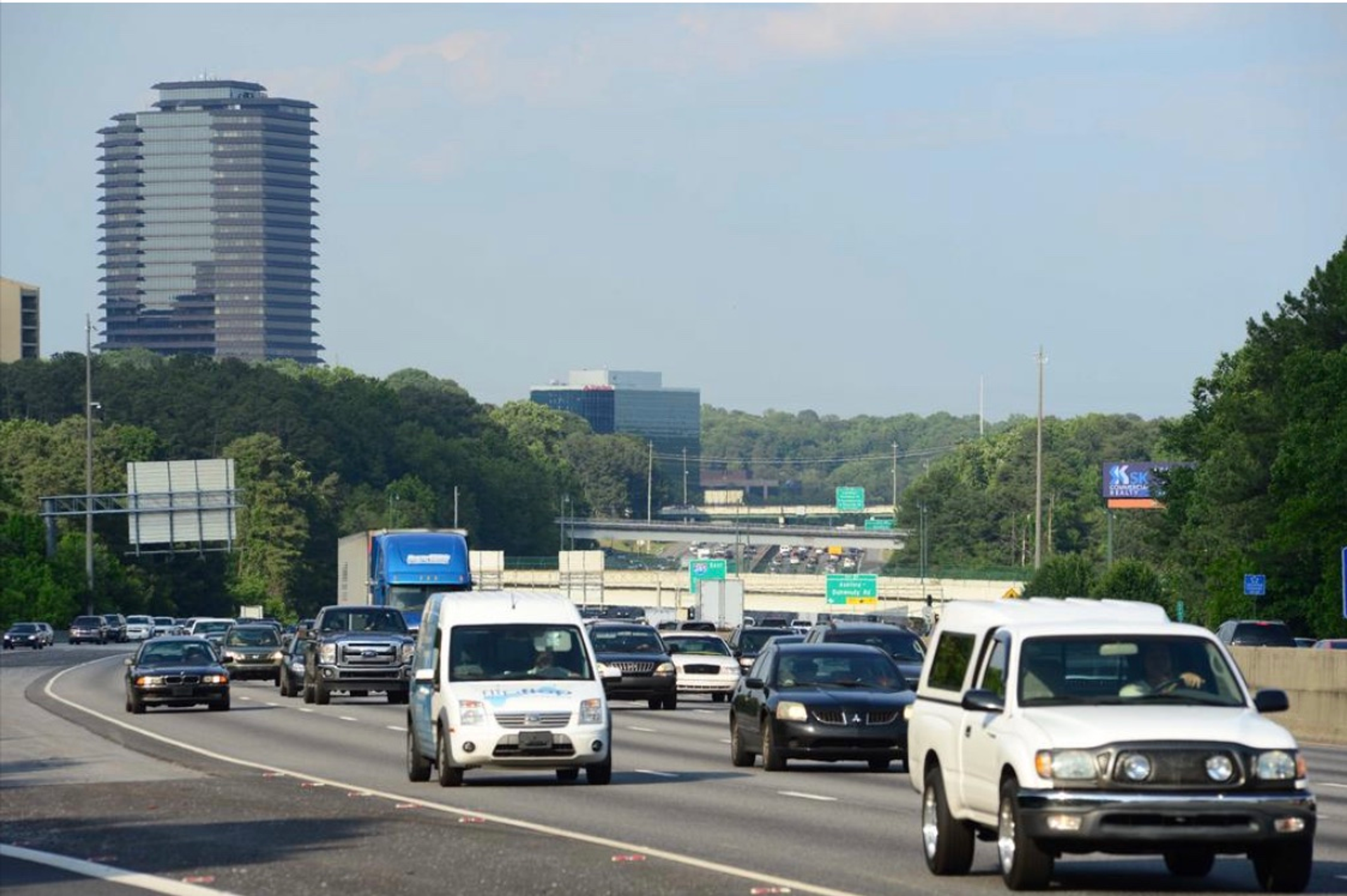Written by Tyler Wilkins, Atlanta Business Chronicle
Metro Atlanta residents are commuting into the office more often than they did a couple years ago, despite the widespread preference to do most of their work from home.
Local workers prefer an average of 3.6 remote days each week, the same rate as the year prior, according to October 2022 results from an ongoing survey conducted by Georgia Commute Options, a program managed by Atlanta Regional Commission. The desire to work from home is stronger than the first few months of the Covid-19 pandemic.
“There is a clear demand for a hybrid, flexible future,” said Callie Orsini, data analyst and survey lead at Georgia Commute Options, during a Wednesday presentation of the latest results.
But those respondents only work remotely three days during an average week, a slight dip from 3.3 days in October 2021 and 3.9 days in April 2021. The survey is a sign of the slight mismatch between the expectations of employees and employers, who are trying to balance the benefits of face-to-face interaction with the demand for flexible work schedules.
The continuation of remote and hybrid work has put a toll on the local and national office sector. Smaller leasing deals are getting signed in Atlanta. Other companies are reassessing real estate needs entirely, especially amid high inflation and warnings of a recession.
Executives and managers are content with fewer days of remote work than nonmanagers, according to the survey. About 75% of traditional offices have at least started to implement in-person requirements. Those in leadership positions list maximizing productivity, ensuring high-quality work and supporting new staff as the top factors considered while crafting hybrid work policies.
Mondays and Fridays are still the most common work-from-home days, resulting in lighter commuter traffic on metro Atlanta roads on those days than the rest of the week. About 60% of respondents cited commute times as a reason affecting their willingness to head into the office.
“If we could create a bit more structure around when we’re requiring or encouraging employees to come into the office, we might be better able to disperse traffic a bit more evenly,” said Katie Marticke, results tracking and innovative outreach lead at Georgia Commute Options. ‘We know less traffic is less stress.”
Many people favor remote work as an option for its ability to improve quality of life. To retain and recruit talent, companies will likely keep hybrid work schedules in place, according to industry experts. About 11% of survey respondents reported that they’re actively looking for new jobs in light of their current employers’ telework policies.
